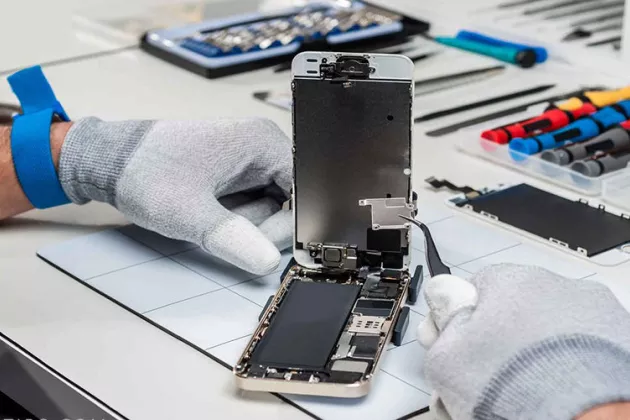Heather's work focuses on business models that can facilitate sustainable consumption practices, primarily regarding rental and reuse of home furnishings and other consumer goods. In her thesis, she aims to understand why we do not see more rental and reuse business models in practice, and how these models can become more prevalent. The thesis addresses two research questions: what barriers rental and reuse business models encounter, and how these barriers can be overcome.
Through interviews with consumer goods rental companies, document analysis of company marketing materials, and a case study of Sweden’s pioneering reuse-based shopping mall, ReTuna, the thesis finds that rental and reuse business models encounter a number of barriers regarding finance and economics, product design, capabilities, relationships, consumers, and policy. Home furnishings pose particular challenges due to their bulky nature, wide range of products, and uncertainties regarding consumer use patterns. The thesis also finds strategies through which the barriers can be addressed, including reducing or eliminating the barriers directly through business model design, involving other actors, associating new offerings with concepts that are already familiar to consumers, and outweighing or offsetting the barriers by emphasising added benefits.
Understanding the barriers that rental and reuse business models encounter, as well as opportunities to overcome these barriers, can help companies and other societal actors anticipate and address the barriers, and thus potentially increase likelihood of successful business model implementation. This, in turn, can provide more sustainable options for consumers to acquire, utilise and dispose of home furnishings and other consumer goods.
Date and time: 30 September 2022, 13:00 (sharp)
Location: IIIEE Aula
Opponent: Giulia Calabretta, Associate Professor at the Faculty of Industrial Design Engineering, TU Delft, the Netherlands





